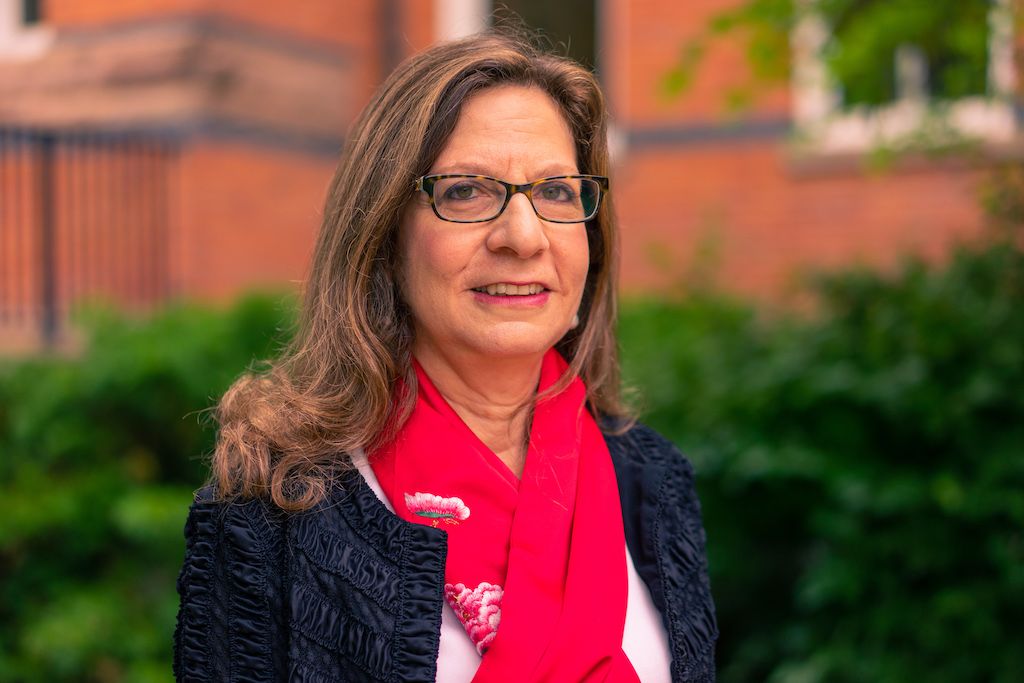The term "social distancing" can send mixed messages across different cultures says Muslim Studies core faculty member and Arabic professor, Camelia Suleiman.
Across the Middle East, Arabic-speaking nations are grappling with their own versions of lockdown, or ighlāq.
“There’s a nice expression, il zaman el korona, meaning in the time of coronavirus,” says Camelia Suleiman, an author and specialist in Arabic sociolinguistics at Michigan State University.
Suleiman says that instead of “flatten the curve,” she saw frequent use of the word iḥtiwāʾ, or containment, in the Modern Standard Arabic used in media across the Middle East. “The word connotes control,” she says, adding that it reflects the efforts made by governments across the Middle East such as Kuwait—2,248 cases—or Egypt—3,490 cases–to demonstrate control over the spread of COVID-19 as a sign of their power. “If you contain something you are controlling it, like the containment of a crisis for example. I also see it used in politics a lot,” she says.
"In Jordan, I noticed the use of the word nashāmā plural of nashmī and nashmiyyah in how the people of Jordan are dealing with the coronavirus crisis. It’s a Bedouin word which indicates Jordanian așālah, or authenticity: strength, resilience, integrity,” she says. “This was in articles discussing hospitals or the injured,” she adds, implying a sense of both social responsibility among the population, coupled with reciprocal care and direction from the government.
“Al-tabāʿud al-ijtimāʿī means social distancing,” she says. “The pattern used for the gerund implies that it is reciprocal,” meaning that even the Arabic term for keeping away from others points at collective rather than individual action.
To Suleiman, who is Palestinian, this implied reciprocity shows how uncomfortable and abnormal it can feel to those practicing it. “It sounds off to me as an Arab,” she says. “Arabs are a social bunch, so this sounds like punishment.”
Punishment or not, to many public health officials, stopping the spread of COVID-19 through staying at home and keeping distance from others means speaking in the tongues spoken on the ground.